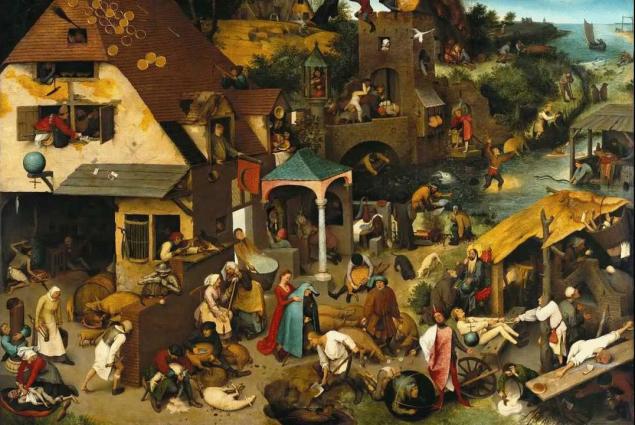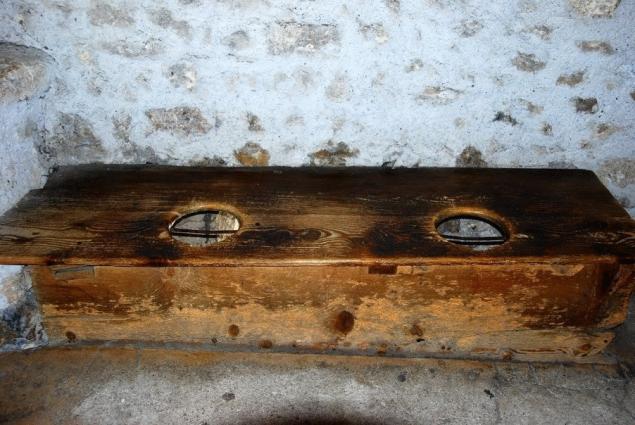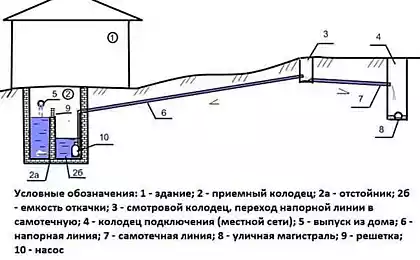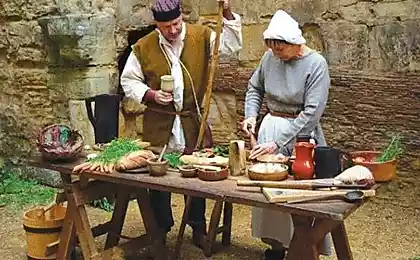544
Amazing facts about medieval sanitation

Image vystragivaemaja a chamber pot out the window of man — that's what we were taught in school, talking about the Middle ages — stuck in the minds of many students. This picture into mind, because it is disgusting from the standpoint of modern standards. Unfortunately, this is nothing more than a silly stereotype, and like many others, absolutely remote from the facts of life in the middle Ages...
People in those days had no less aversion to the stench and garbage on the streets than we are now. They just didn't understand how debris can spread infection, disease and so on, but they knew that he was doing it.
Therefore, the local government institutions of towns in the Middle ages developed regulations and even issued laws for the regulation of waste disposal, and management of toilets and latrines.

In medieval London, for example, people lay the responsibility for the maintenance of cleanliness of the streets near their homes. The fines imposed on them for failure to comply with the established norms, was burdensome, even for a not very poor person. In some sources it is mentioned "a group of people beating up a stranger, who spilled their fish scraps. They don't want to pay the penalty for his laziness". It is unlikely in such an environment, people could throw out the pots of excrement right on the street, agree?

In larger homes had toilets or outdoor toilets, which was a common cesspool, a hole, etc. The British called them "jakes" (eng. CL. context. "the toilet") or "gong" (eng. rude. context. "excrement"), and people who were engaged in shoveling these pits were called "gong farmers" (eng. lit. "the owner/farmer of excrement"). Not a joke, that these people paid big money for their work. The day they finished, swimming in the river Thames, of course
In the houses of smaller people at a cost bucket or basin. Both "tool" has to be cleansed after each use. The instruments are usually emptied straight into the river... In Exeter, for example, one of the rivers called "The Shitbrook" (eng. rude. "a stream of shit") for a terrible smell and color. There was also public toilets that emptied into the river, and not somewhere on the streets of London, for example.
It turns out that these "known facts" about the middle Ages, as, for example, that medieval people ate spoiled meat, interrupting the natural taste with spices, is nothing more than myths and ignorance of people.
Source: www.ridus.ru























